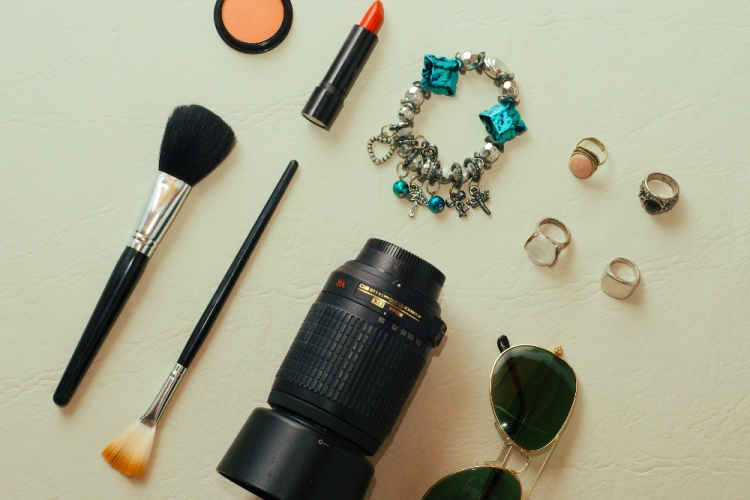Is That Product You're About to Buy Actually Any Good?

Advertising techniques have spiraled into various new forms ever since the Internet took off, and even now print advertisements have become banal. Companies have had to get quite creative with the way they're promoting their products and since we're in the era of consumers as active participants for brands, we, the consumers are able to quickly share our favorite products, places to eat, and so on with the click of a button. But how is it that we find our favorite places to eat, things to buy, etc? By following that Foodie Blogger and Fashion Instagramer of course! According to e-marketer, they "estimate that influencer marketing revenues worldwide on Instagram alone will total more than $570 million in 2016." But does that reviewer truly love all the stuff they say they do? Perhaps ... but a quick way to see if they were being paid for a post is to search for a few key words, those being "sponsored" or "paid for."
The Federal Trade of Commissions (FTC), a governmental department in the U.S., which sounds scary, is actually meant to protect consumers from deceitful advertisements. The FTC legally enforces that brands, as well as influencers and thought leaders, be compliant with FTC regulations by properly disclosing a sponsorship. To further provide proof of compliance, the promoter or reviewer of the product must have tried the "product", have unbiased and honest opinions about said product, and must state in an apparent way that they received some sort of compensation for promoting the product if indeed they were receiving monetary gains. Brands that want to promote a new product line, or brands who want to become better well known, will often look to leverage these thought leaders and influencers and to avoid fines from the FTC, they must make it a part of their "agreement" that full disclosure is apparent. The same goes for restaurants that are looking to be the talk of the town in reviews on sites such as Yelp!, as well as products on e-commerce sites such as Amazon.
Image Credit: Shutterstock/God4atherWhile FTC laws and compliance appears to be straightforward, there is a slight catch 22 regarding disclosure. Many brands that are unfamiliar with sponsorships of this sort are not actually aware of the laws or do not have proper information regarding the consistently changing regulations. Along with the issue of lack of brand knowledge, thought leaders and influencers fear appearing "in-authentic" by taking on a brand sponsorship, so to avoid any backlash from their followers, they will often make their FTC disclosure difficult to find or not have one at all. For those who are totally complaint with the FTC disclosures, you should be able to find out if a sponsored post is sponsored in their medium. Here is what to look out for:
- Blogs: Statement that "x" brand is a sponsored or paid for mention or review of product.
- Instagram: #ad, #sp, or #spon in description.
- Twitter: #ad, #sp, #spon, #sponsored in Tweet.
- YouTube: Statement in video and text on screen that video or segment is sponsored by "x" brand, as well as FTC disclosure in description box.
In 2015, The FTC began cracking down on cases of non-compliance as can be seen in the settlement case between the FTC and Lord & Taylor, a department store, which has set a precedent to other large corporations that no company is invincible. In addition to the crackdown by the FTC, social media apps such as Instagram are developing new methods of making sponsored posts transparent and user-friendly, as seen in Aimee Song's Instagram post below.
Image Credit: Instagram/SongOfStyle








